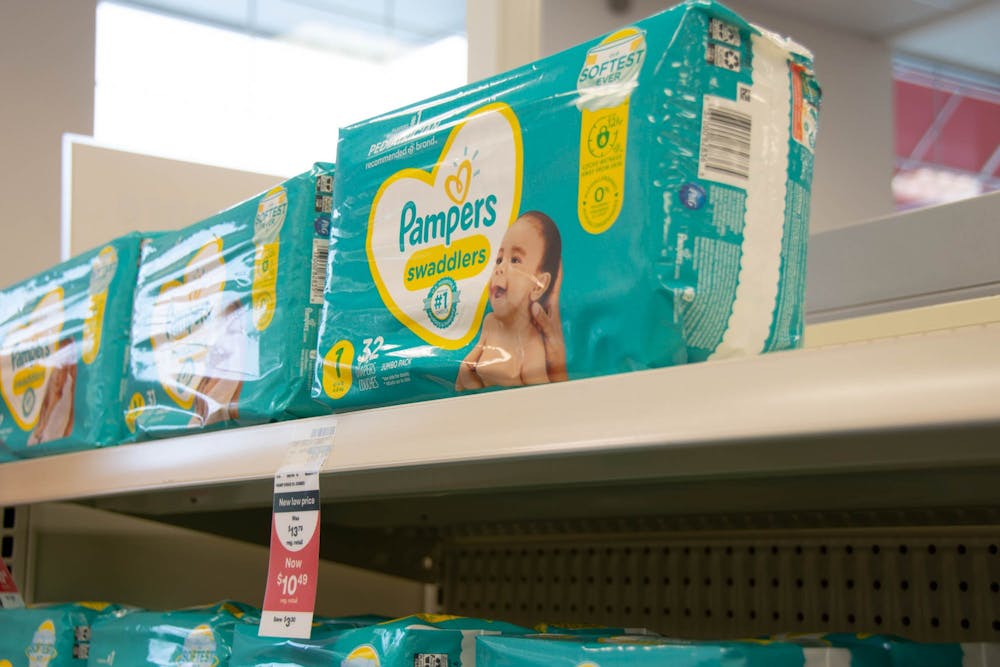The Town of Chapel Hill issued a proclamation last Wednesday recognizing Diaper Need Awareness Week to acknowledge a lack of diapers as a public health issue in the area.
Mayor Pam Hemminger said the Town issues this proclamation every year during the fourth week of September. This year, the proclamation was issued from Sept. 24 through Oct. 2.
“We care about the children in our community, especially to make sure that they have what they need, and we have resources in this community to make that a reality,” Hemminger said.
She added that the community-wide need for diapers, as well as other basic necessities, has increased recently due to the COVID-19 pandemic and inflation.
Across the United States, one in three families struggles to obtain a sufficient number of clean diapers, according to the National Diaper Bank Network.
The Diaper Bank of North Carolina helps address this issue, according to the organization’s website. Founded in 2013, it aims for every family in North Carolina to have access to basic necessities to support their dignity, health and quality of life.
Diaper Bank Director of Research and Evaluation Kelley Massengale said diapers are a basic need.
“Diaper need happens in every community in North Carolina,” Massengale said. “It's not something that's always visible or noticeable.”
Massengale said proclamations recognizing diaper need are important because they engage the community. She added that people who do not have children do not realize the cost of diapers or the amount a baby or toddler might use in a day.



